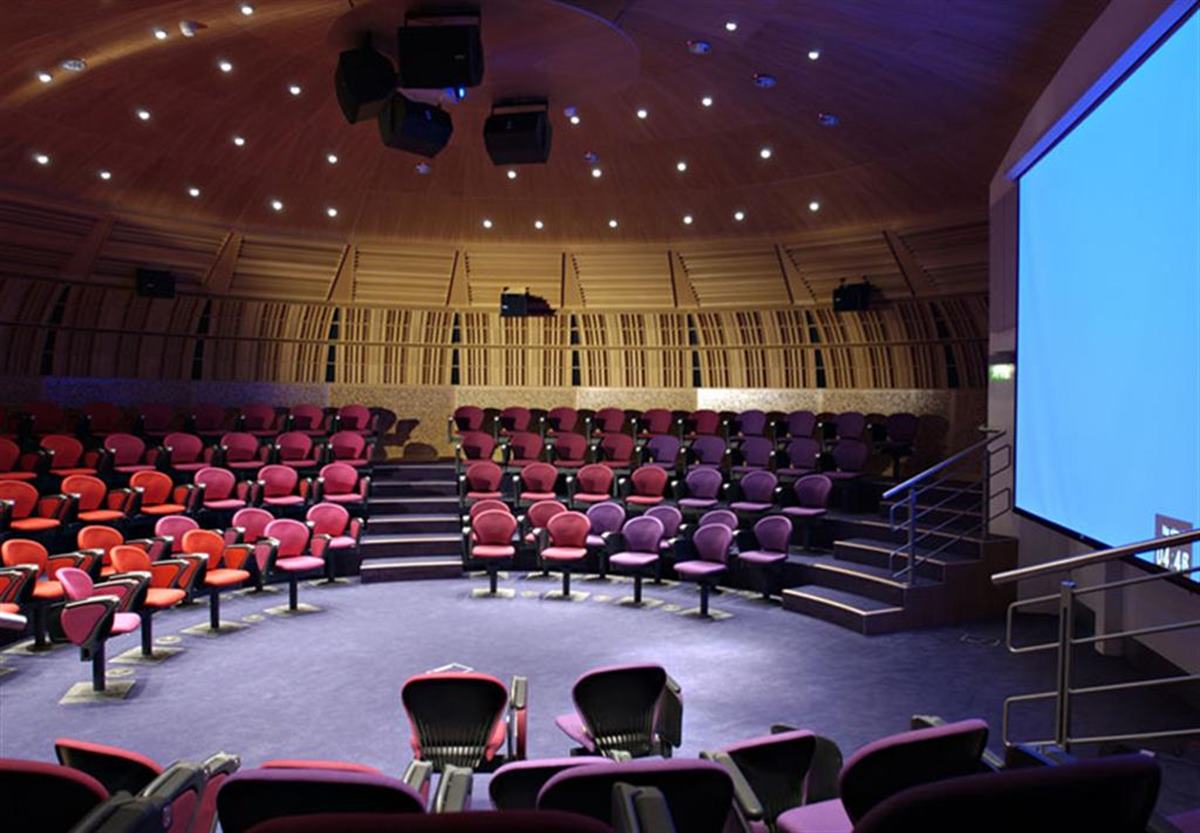Extroverts and introverts - does it matter?
The concepts of introversion and extroversion are often confused as a measure of connection. People consider extroverts outgoing and introverts as reserved.
This is a limiting view.
Instead, ask "Where do I get my energy?"
Some people thrive on the energy of others. Perhaps they need the energy of others. When in the presence of other people, they light up. When left alone, they might struggle. These are extroverts.
Introverts tend to "make" their own energy. They recharge alone or in small, trusted groups. The method varies with the person. Large groups and the energy of others has a tendency drain introverts. It takes energy to deal with the energy of others.
This is too simplistic a summary. Let it serve as a challenge to the old way of thinking. And an introduction to what can be.
There is one other consideration: the ambivert.
The ambivert is a person who does both: they make their own energy and can "surf" or amplify the energy of others. Content to be alone, they thrive in a group setting too.
The bottom line: realizing your dominant style for energy guides the choices you make. None of this limits you unless you let it.
The role of speakers
Speakers are the draw at the conference. An opportunity to share experience and insights. Often connected to the topics and areas people at the conference want to learn about.
Done right, this is the start of productive conversations.
Here are some thoughts on improving the role of speaking at conferences and events:
As a speaker, make yourself accessible. Remember that despite standing in the front of the room, you're like everyone else.
If you want to approach the speaker, consider the timing. Even for the practiced, speaking in front of others is a stressful event. Recognize that a speaker may be preparing, stressed, or otherwise distracted. Give them some space.
Consider how you connect. This works for speakers and those who approach them. There is a big difference between a quick comment or question and pointing out errors. Each has a time and place.
Speakers introduce ideas. They set the stage for connection with others. Everyone benefits as a result of speakers with connect with others. Together we build a deeper dialog.
Attendees: the the lifeblood of the conference
How many times have you commented on the power of the "hallway track"?
A nod to the conversations between the planned sessions. When you connect with old friends and make new ones.
Conferences create the opportunity to meet people and engage in a setting full of ideas. To benefit as an attendee of a conference, take time to clarify three things:
What you do. Move past the title on your business card and generic description to distill to your value. Prepare to explain what you do in a way that is clear, concise, and memorable.
What you need. What drew you to the conference? What problem(s) are you trying to solve? What insights and experience do you need to tap into? Knowing this makes it more likely to find the people available to help.
What you offer. The problems you solved. The experience or insights you can share. Other talents that might benefit others at the event. Focus on the value you offer to others instead of looking for reasons to chest thump.
High profile professionals and cliques
Every industry has people with high profiles and cliques. Associating with familiar and similar people comfortable. We dealt with it in school. It's part of life. It is natural for humans to sort ourselves into groups.
In most cases, the groups are more dynamic and open than we realize.
If you feel like an outsider (maybe you are), that's okay. Go ahead and introduce yourself. Timing and context matter. Consider the suggestions above, and reach your hand out, and connect.
If you're part of an established group, remember back to when you got started. Think about the first conference you attended. Be mindful of others and take time to meet and welcome others.
In the end, maybe you'll find comfort in the group. Sometimes it's great just to connect with and get to know other people. Either way, the more we welcome and support each other, the better for everyone.
Bonus: volunteer
The reality is most conferences run on the power of volunteers. That creates a lot of opportunities to get involved. It's an opportunity to learn. Sometimes that means learning new skills. You meet people.
One more thing: if you adopt an attitude of service in the process, you tend to stand out. You also experience what it's like to be on the other side of the table. It provides a window into working with others.
Jack Daniel attributes much of his success to his willingness to jump in and help out.
Community engagement is a pathway to personal improvement
You want to be better? Get better? Improve the industry?
Get involved. Make a difference. Get started with 3 simple steps:
Extend a warm greeting to the people you meet
Be receptive when someone reaches out to you
Remember that context counts


